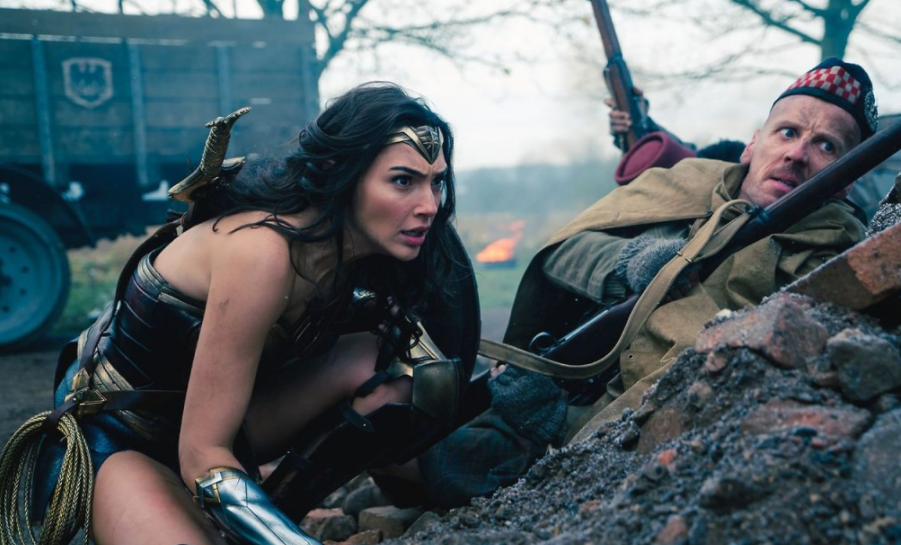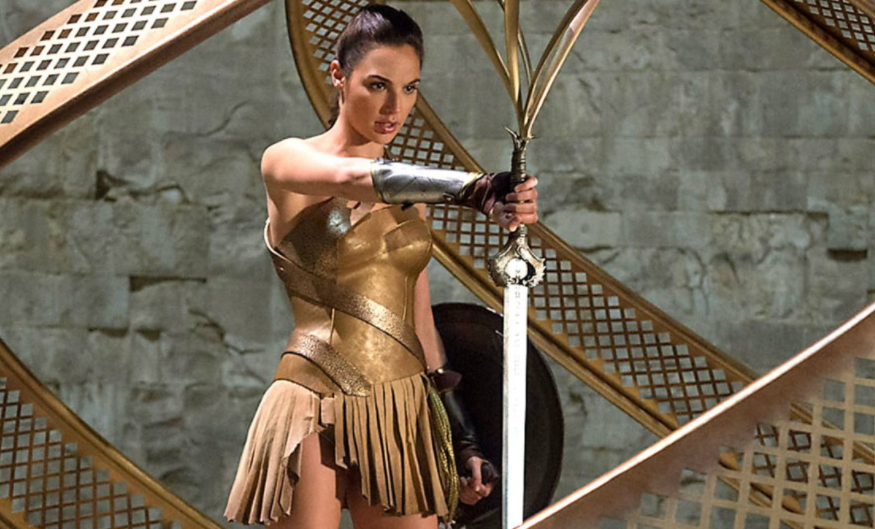Hollywood’s problems with woman have existed since Hollywood’s problems with anything have existed. It’s a male-dominated industry, in front of the camera and behind it. Two days ago, Sofia Coppola became the second woman ever (and the first in fifty-six years) to win the Best Director prize at the Cannes Film Festival. Only one woman, Kathryn Bigelow, has been awarded the comparable honour at the Academy Awards. That alone suggests a woeful imbalance when it comes to the promotion of females as people of substance within the Hollywood community.
Then there are Strong Female Characters, which are designed to promote women in mainstream films but are let down by a lack of insight and inborn problems. I hate Strong Female Characters. Strong characters that happen to be female are wonderful. That’s someone like Charlize Theron’s Furiosa in Mad Max: Fury Road. Not once in that film do the characters surrounding Furiosa stop to comment on how she manages to acquit herself in the same manner than any of the males. There are no one-liners to emphasise just how strong the female is; a burden that characters like Scarlett Johanssen’s Black Widow must bear in the Marvel films. Furiosa is a great character, and her sex is besides the point.

These pitfalls isolate and differentiate, which suggests that the filmmakers actually believe that being both strong and a female is a rarity. What about being female with a range of characteristics? A compelling female character ought to be imbued with more than strength.
Gal Gadot‘s Wonder Woman is more of a success than Patty Jenkins’ Wonder Woman. Jenkins is the director while Gadot portrays the titular character. Gadot instills a real sense of personality in her Wonder Woman, which shouldn’t be an oddity, but is, especially in blockbuster filmmaking. There’s empathy, ferocity, strength (not the vague kind that I mentioned before), humour, kindness, defiance, and more and not only does Gadot have the capacity to convey them all in one coherent whole – a challenge for any actor – but her performance also never suggests that encompassing these traits is out of the ordinary for a woman.
Jenkins’ contributions are less charming. The film labours to establish plot points and characters in a way that generates much interest. The opening section of the film, which might have also been the most exciting, details Wonder Woman’s life living amongst a powerful Amazonian tribe on the island of Themyscira. The culture of this female-only society, hinted at but barely touched upon, could have constituted Wonder Woman’s entire first film. Before long, Chris Pine‘s Steve Trevor has crash landed on Themyscira, and Wonder Woman has to share a screen that she ought to have commanded.

The fault is not Pine’s, who is a welcome presence in every film in which I have seen him. Pine brings charm and humour to the role, and the chemistry between him and Gadot is one of the few elements of Jenkin’s film that rises above ordinariness. But there is something a bit naff about squandering one of the most prevalent female popular culture properties by portraying her male sidekick as equally significant and heroic, especially when Mary-Jane, Pepper Potts, Peggy Carter, Christine Palmer and Jane Foster didn’t have much more to work with than ‘Strong Female Character’ in regards their relationship with the male superheroes that fronted their respective movies.
Wonder Woman’s powers are indeed so impressive that the film never convincingly justifies Trevor’s presence, nor the presence of any of the men (each assigned painful costumes to denote their race and meagre motivations in lieu of personality) that accompany her on her journey. This absence of consideration taxes Jenkin’s film. At one point, Trevors even acknowledges that “there’s not much we can do.”